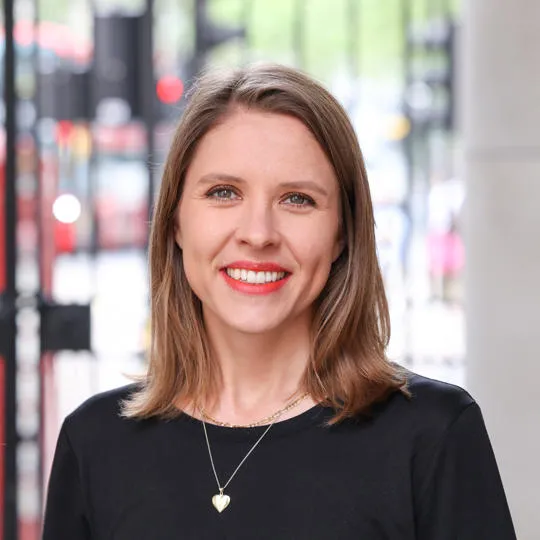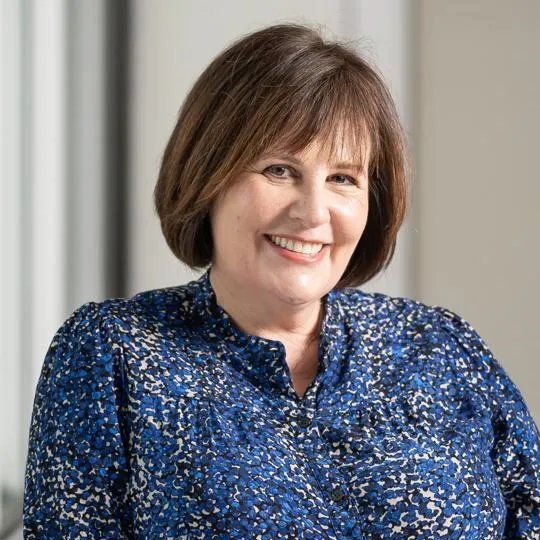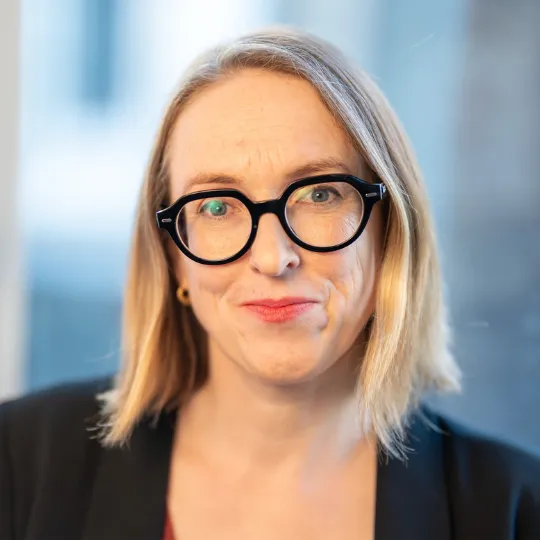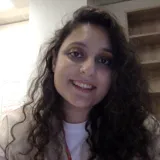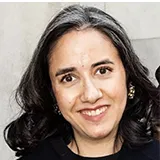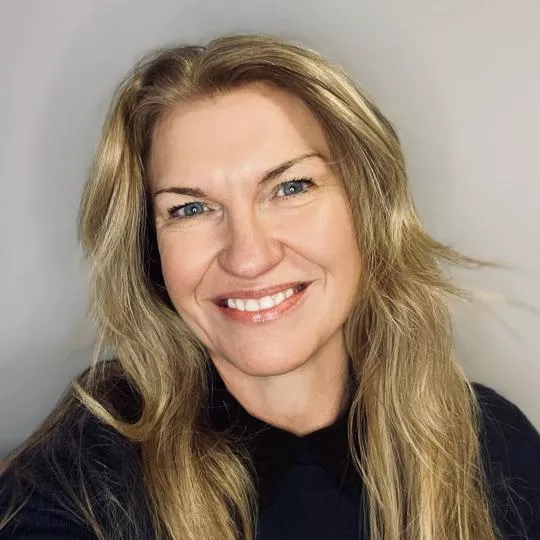08 March 2023
International Women's Day 2023: Transforming technology for gender equality
In recognition of the United Nation’s 2023 International Women’s Day theme celebrating innovation and technology for gender equality, we shine a light on some of King’s exceptional researchers leading impactful work in the digital space.
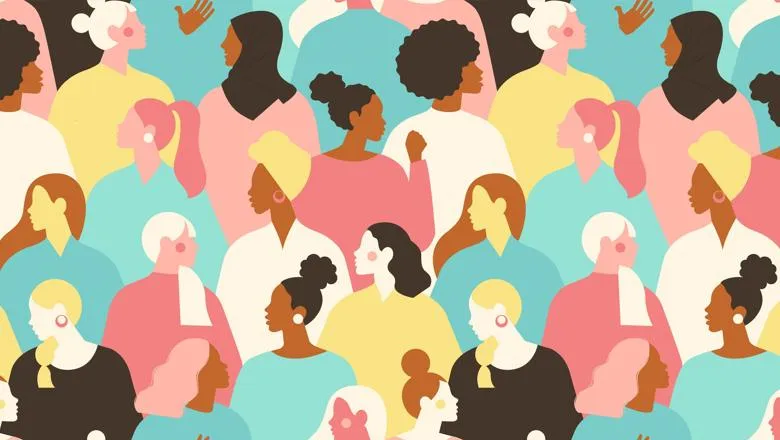
Day-to-day life in the 21st century is increasingly dependent on digital technology; whether it’s booking a doctor’s appointment, making a bank transfer, or ordering groceries to be delivered – chances are, you can probably do it on a smartphone app or a web browser.
Yet did you know, 37% of women globally do not use the internet, and 259 million fewer women have access to the internet than men?
To promote gender quality, it is crucial that women have safe and equal access to digital technology. Ensuring women have a role in technological advancement not only results in more creative solutions; it also means there is greater potential for digital innovations that meet women’s needs.
In line with the UN theme for IWD 2023: ‘DigitALL: Innovation and technology for gender equality’, we recognise and celebrate the women who are championing the advancement of transformative technology.
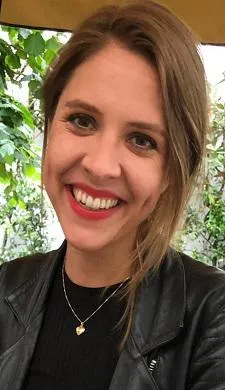
Dr Rikke Amundsen is a Lecturer in Digital Economy Education, whose research is concerned with the sexual politics of digital cultures, and with the increasing mediatisation of intimacy, and focuses on the influence of digital mediation on interpersonal relations and on practices and perceptions of intimacy.
Dr Amundsen considers gender, sexuality, power, and visual culture, examining the dynamics of risk and trust in digitally mediated intimacy. Her most recent publications explore the relationship between female risk taking and male trustworthiness when ‘sexting’; male dominance in unsolicited images; and ‘sexting’ in relation to pornography.
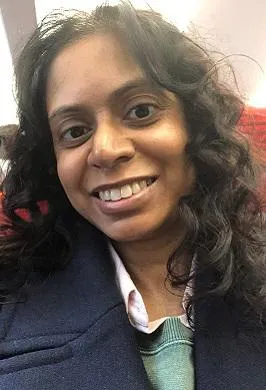
Dr Kovila Coopamootoo is a Lecturer (Assistant Professor) in Computer Science within the Cyber Security Group at King’s. She researches human-centred privacy and security, with current focus on equity and gender divides in relation to online safety, in particular for women and girls. Overall, she has a keen interest in research with at-risk or disadvantaged user communities (including young people, marginalised communities and women).
Dr Coopamootoo’s latest research studies women versus men’s access to privacy and security technologies that are meant to ensure online safety; diverse population engagement with privacy technologies, forms of protection from online tracking; gender and cross-country country comparisons of how internet users feel about online tracking; and socio-technical aspects of trust in AI / the trustworthiness of machine learning.
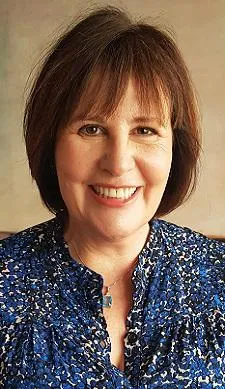
Professor Colette Hirsch is a Professor of Cognitive Clinical Psychology and Consultant Clinical Psychologist. Her clinical work is integral to her translational research, helping her develop models of emotional disorders and transdiagnostic processes, inspiring new clinical research ideas, which lead to clinical innovation and translation.
Currently, Professor Hirsch is principal investigator on the RELAX project; aimed at reducing levels of anxiety in pregnancy and after birth through web-based training.
The purpose of this randomised controlled trial is to determine whether pregnant women with high levels of repetitive negative thinking who complete an early online web-based intervention alongside receiving usual care have a significant reduction in anxiety later in the perinatal period, compared to those who receive usual care alone.
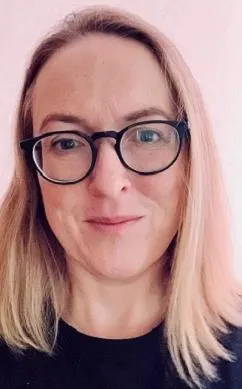
Dr Kate Devlin is a Reader in Artificial Intelligence & Society. Her research investigates how people interact with and react to technologies, both past and future.
Dr Devlin is the author of the critically acclaimed Turned On: Science, Sex and Robots, which examines the ethical and social implications of technology and intimacy. In 2016 she ran the UK’s first sex tech hackathon. Dr Devlin is the Advocacy and Engagement Director for the UKRI-funded Trusted Autonomous Systems Hub – a collaborative platform to enable the development of socially beneficial robotics and artificial intelligence systems that are both trustworthy in principle and trusted in practice.
Dr Devlin is also a board member of the Open Rights Group, a UK-based organisation that works to preserve digital rights and freedoms, and is a campaigner for gender equality to improve opportunities for women in tech. Dr Devlin’s recent research explores sex robots, fembots (robots that resemble women in appearance), and equality within AI systems.
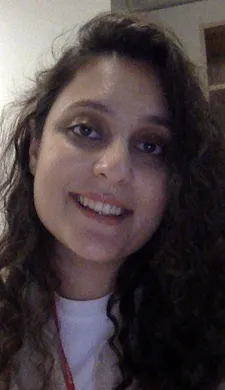
A Lecturer in Computer Science, Dr Abu-Salma is affiliated with the Cybersecurity Group and the Human Centered Computing Group in the Department of Informatics. Her research is interdisciplinary. She works at the intersection of cybersecurity, privacy, human-computer interaction (HCI), and public policy. She aims to understand and improve people’s security, privacy, and safety decision-making processes, with a focus on at-risk populations.
Dr Abu-Salma has recently co-authored a research paper exploring power dynamics in smart homes and domestic childcare workers’ perspectives on how cameras reflect and affect employer-employee relationships. Her latest project, funded by Google, aims to help users better protect their sensitive personal data stored in female health apps, such as period trackers.
Dr Abu-Salma will be speaking at the King’s Women in Informatics 2023 Conference this month about her current research.
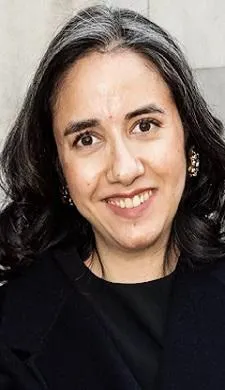
Ahou Koutchesfahani is a PhD student in the Department of War Studies, conducting a feminist discourse analysis of Iranian women's social media activism and physical struggles for bodily autonomy.
Ms Koutchesfahani has published research on online ableism amongst Iranian women’s rights activities, the use of social media to narrate social struggles in Iran, and the rise of Gen-z feminism and civil disobedience against Iranian theocracy.
In a recent podcast episode for the WORLD: we got this series, she spoke about the protests in Iran surrounding the death of Mahsa Jîna Amini, who was arrested by morality police for allegedly wearing her hijab improperly.
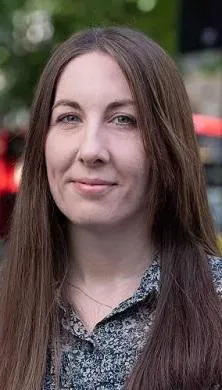
Dr Madeleine Wyatt is a Reader in Diversity and Inclusion at King's Business School. Working with practitioners, politicians and policy makers, her research examines equality, diversity and inclusion at work, organisational politics, and political leadership.
Last year, Dr Wyatt partnered with educational charity The Female Lead to conduct a study in conjunction with the King’s Global Institute for Women’s Leadership, looking at the hidden risks of hybrid working. The research revealed a stark gender divide in hybrid working environments, highlighting how working behind a digital wall risks women’s work going unnoticed and unrecognised, placing women in danger of slower career progression. Dr Wyatt has developed a toolkit for organisations to help address this problem.
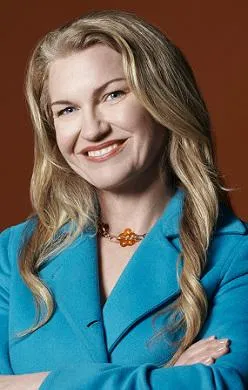
Professor Fay Bound Alberti is a Professor in Modern History and Director of the newly launched Centre for Technology and the Body.
As part of the Digital Futures Institute, which recognises the significance of technologies and their impact on the ways we live, look, and experience the world around, the Centre for Technology and the Body will lead a critical investigation of the history, present and future of technology, and how it intersects with our physical, sensory, and emotional worlds.
Professor Alberti currently directs the project Interface, which explores the history and meanings of the human face.

